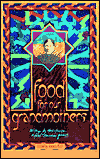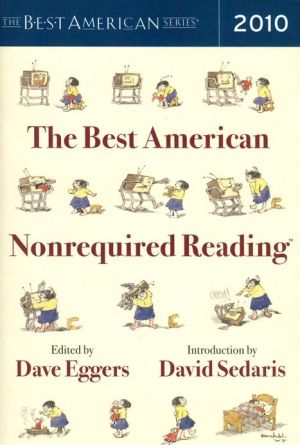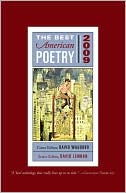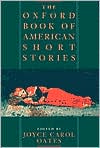Food for Our Grandmothers: Writings by Arab-American and Arab-Canadian Feminists
This groundbreaking collection creates a space in which Arab-American and Arab-Canadian feminsts speak out about issues of history, culture and identity. While anti-Arab racism depicts Arab women as veiled, passive victims living in hopelessly sexist communities, Food for our Grandmothers analyzes and challenges these innacurate and distorted views.
Search in google:
This groundbreaking collection creates a space in which Arab-American and Arab-Canadian feminists speak out about issues of history, culture, and identity. While anti-Arab racism depicts Arab women as veiled, passive victims living in hopelessly sexist communities, Food For Our Grandmothers analyzes and challenges these inaccurate and distorted views.Library JournalAdding to the literature on multiculturalism, this collection of essays, poems, and recipes highlights some of the experiences and attitudes of North American women of Arab descent. The contributors share strong nationalist sentiments about their root countries (primarily Lebanon and Palestine), rail against the bigotry and ignorance encountered by their families in North America, and uniformly denounce the Gulf War. While they fondly refer to their "sittees" (grandmothers) as the conduits of their ethnic heritage, they give few details of the culture itself. Since most of the writers are Christian, there is a lack of a Muslim viewpoint. Readers inspired to learn more or to explore their own Arab roots will find valuable the last section on other source material and contact organizations. Because of its fresh perspective, this work is a worthwhile purchase for any library.-Rose Cichy, Osterhout Free Lib., Wilkes-Barre, Pa.
AcknowledgmentsA Note About TermsIntroductionRecognized Futures5Sittee (or Phantom Appearances of a Lebanese Grandmother)7Great-Grandma Michael18Longing for Winter21Battling Nationalisms to Salvage Her History24For My Son Shaadi30Crossing Over to the Other Side32The Queen, Carcasses, and Other Things39One Room48Chalked Out50Unpicked Fruits56Boundaries: Arab/American65Wherever I Am87Homecoming94Banned Poem97Peace Is Tossed to the Wind101Moroccan Steam104She Makes Me Tea In Cairo107Amara113A Woman's Place Is in the Struggle114"Offensive" Art by Palestinian Children120Military Presences and Absences125Gulf War133say french149Global Sisterhood: Where Do We Fit In?151Tear Off Your Western Veil!160Arab-Americans: Living with Pride and Prejudice165Exotic168The Arab Woman and I170The Arab Woman in U.S. Popular Culture173Orientalism in Science Fiction181A Lunatic from Libya, One Generation Removed190Going Home192What's Not in a Name197Browner Shades of White204On Language and Ethnicity206Mocking Civilization210Pulled211Abyss214Two Women Drinking Coffee217In Search of Home218Hairless in Gaza224Blood226ABC230Five Steps to Creating Culture231Camel Girl238Artist, Happy241A Blessing244Armenian/Lesbian: Telling Our Stories246Mint, Tomatoes, and the Grapevine250The Image of Arabs in Sources of U.S. Culture259Organizations With an Arab-American/Arab-Canadian Focus273About the Contributors275Permissions283Index285About the Editor289About South End Press290
\ Library JournalAdding to the literature on multiculturalism, this collection of essays, poems, and recipes highlights some of the experiences and attitudes of North American women of Arab descent. The contributors share strong nationalist sentiments about their root countries (primarily Lebanon and Palestine), rail against the bigotry and ignorance encountered by their families in North America, and uniformly denounce the Gulf War. While they fondly refer to their "sittees" (grandmothers) as the conduits of their ethnic heritage, they give few details of the culture itself. Since most of the writers are Christian, there is a lack of a Muslim viewpoint. Readers inspired to learn more or to explore their own Arab roots will find valuable the last section on other source material and contact organizations. Because of its fresh perspective, this work is a worthwhile purchase for any library.-Rose Cichy, Osterhout Free Lib., Wilkes-Barre, Pa.\ \








